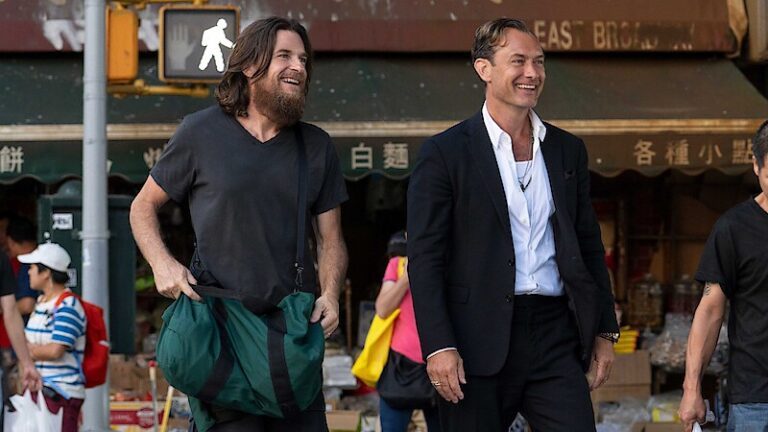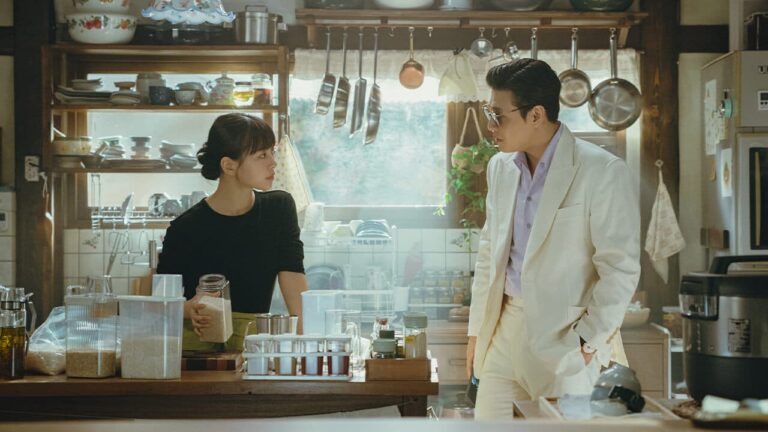After four seasons of gaslighting, glass cages, and a body count that rivals a Shakespearean tragedy, Joe Goldberg, everyone’s favorite homicidal heartthrob (said with a hefty dose of sarcasm), returns for his final act in You Season 5. The question on everyone’s lips: does this season stick the landing, or does it stumble and fall like one of Joe’s conveniently placed victims?
The Shadow of Misogyny: Joe’s Character in Season 5
The narrative arc of this final instalment sees Joe traversing from a position of apparent stability to a precipitous fall, a trajectory that feels both fitting and tragically predictable. The exploration of his motivations delves deeper into the foundational wounds of his upbringing, particularly the impact of a perceived lack of maternal love.
However, the season astutely dissects the underlying misogyny that fuels his possessive tendencies, revealing the disturbing truth beneath his self-proclaimed desire to protect the objects of his affection.
This theme resonates not only in Joe’s actions but also in the societal reactions to his eventual exposure, highlighting a disquieting tendency to either excuse or romanticize the behavior of such individuals.
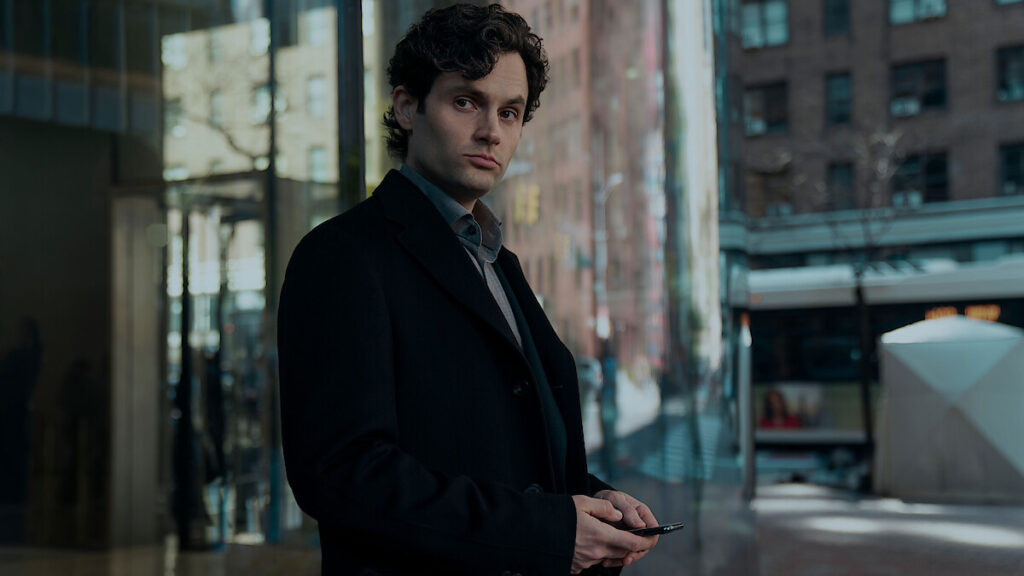
A significant element of this season is the introduction of Madeline Brewer as Bronte/Louise, a character who becomes intrinsically linked to Joe’s final chapter. While Brewer’s performance is compelling, the degree of focus on Bronte occasionally shifts the narrative away from Joe himself, even granting her a unique perspective that directly challenges his internal monologue.
This narrative choice, while potentially disrupting the established dynamic, can also be interpreted as a powerful symbolic act, allowing a woman impacted by Joe’s actions to reclaim agency within his story. It transforms the season into a tragic romance, albeit one viewed through a decidedly distorted lens, with Joe occupying the unsettling role of a damaged Prince Charming.
Unpacking the Twisted Mind
What proves particularly compelling is the way the season ties back to Joe’s literary inclinations and his desperate yearning for love and acceptance. His life, an imitation of a fairy tale, is driven by a desperate need for a specific narrative resolution.
The season draws parallels to real-life figures, underscoring the unsettling ease with which Joe’s charm can manipulate those around him, be they romantic interests, acquaintances, or even family.
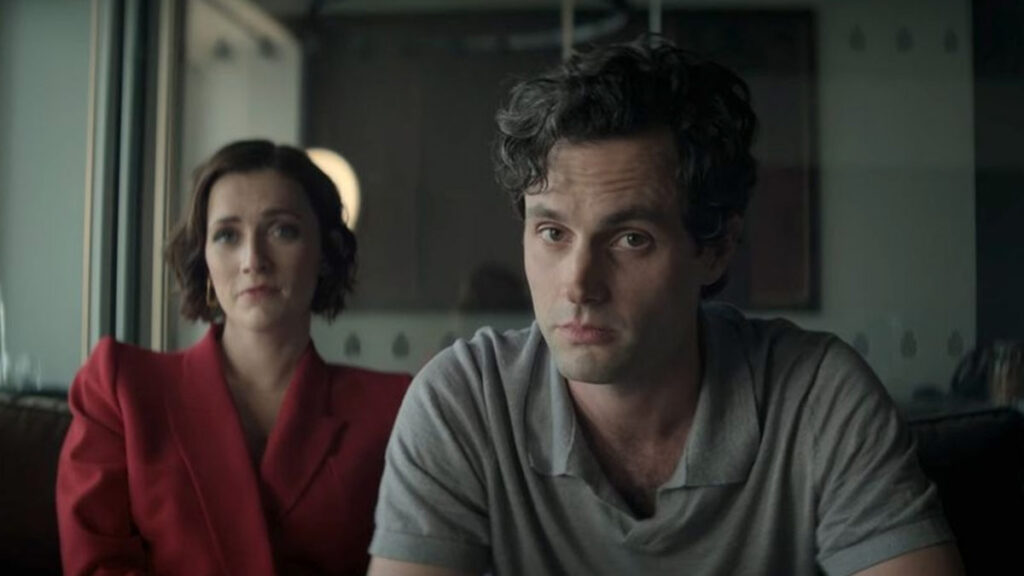
The narrative delves into Joe’s psychological landscape, moving beyond the dissociation seen in previous seasons to explore his intricate rationalizations for his violent acts. He genuinely believes his murders are justifiable, often framed as acts of protection for those he “loves” or even himself.
When faced with the inexplicable, he resorts to the notion of a separate, darker self, absolving the “real Joe” of responsibility. This distorted self-perception, coupled with societal reactions that sometimes inadvertently fuel his delusions, paints a chilling portrait of a villain with a hero complex.
How Is The Final Chapter Overall? Do We Need More Seasons?
While the pacing in the final episodes might falter slightly, the conclusion ultimately feels like a poignant, bittersweet, resolution. The significant focus on Bronte, while potentially unexpected, serves a powerful symbolic purpose, representing the collective voice of those Joe has harmed, effectively wresting the narrative control away from him.
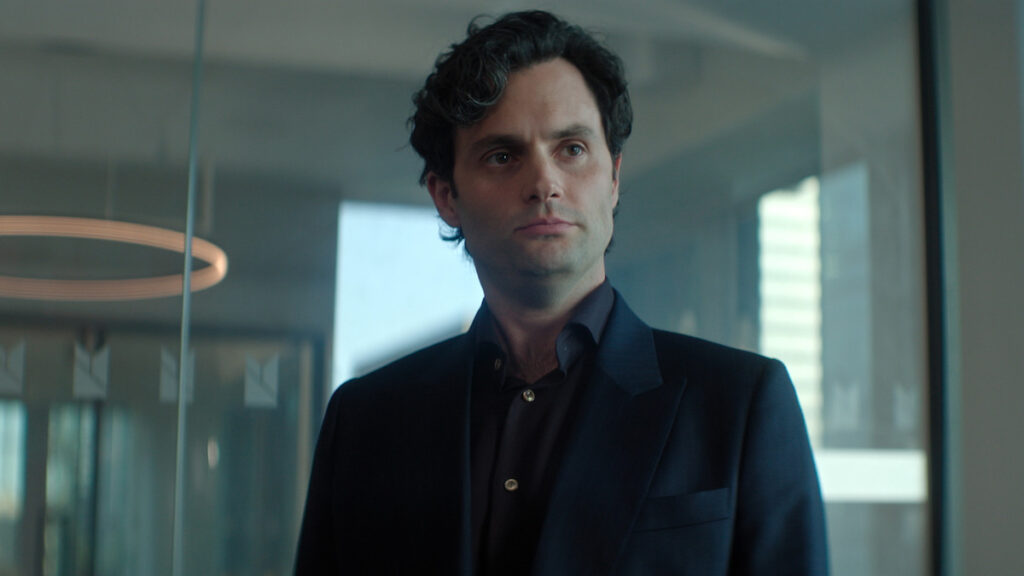
This culminates in a final message that serves as a stark warning against the romanticization of serial killers, urging us to recognize the inherent cruelty beneath the superficial charm. The final season of You may not deliver a seismic shock, but it provides a fitting and circular conclusion to Joe Goldberg’s saga.
It offers a satisfying sense of closure, leaving us to contemplate the disturbing complexities of his character and the societal factors that can inadvertently enable such darkness. We surely don’t need more of You now.
Also Read: Heartstopper Movie Netflix
Conclusion
In its final act, You Season 5 delivers a conclusion that, while not earth-shattering, provides a fitting end to Joe Goldberg’s twisted tale. The season astutely dissects his ingrained misogyny and the unsettling societal tendency to romanticize such figures.
The prominent role of Bronte, though occasionally overshadowing Joe, serves as a powerful symbol of victims reclaiming their narrative. We’ve reached the final page, and perhaps, that’s precisely where we ought to stay. What are your thoughts on the final season of You?
